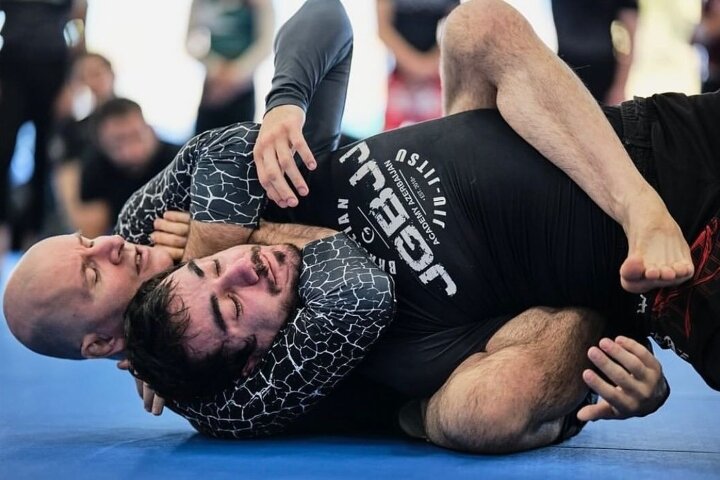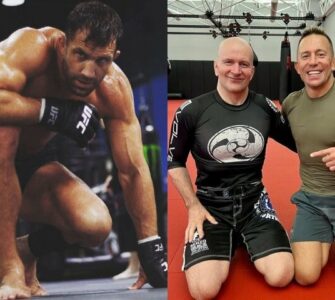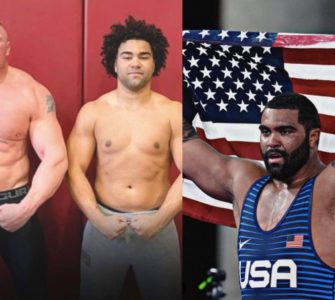Starting martial arts in your 30s might seem intimidating at first glance, as it’s a time when many individuals are deeply entrenched in their careers or families. However, this decade of life is actually ripe with opportunities for personal growth and development that martial arts can uniquely provide. The physical benefits, such as improved fitness and flexibility, are well-documented, but there’s more to the practice than just the physical aspect. Martial arts also offer mental and emotional growth, such as increased confidence and stress relief, which can be particularly valuable during the sometimes challenging life stage of one’s 30s.
According to Triangle Karate, people in their 30s often have more resources and self-awareness than they did in their younger years. They are generally better equipped to commit to and appreciate the discipline martial arts require. With lessons in perseverance, focus, and humility, training at this age can lead to profound personal transformation. Moreover, individuals starting martial arts in their 30s can set realistic goals, as they are more likely to approach training with a mature perspective—seeking progress over perfection.
Safety and the ability to learn at one’s own pace are key concerns that deter some from beginning martial arts later in life, but these issues are well accounted for in modern dojos. Instructors are skilled at tailoring sessions to accommodate various skill levels and physical abilities. Martial arts disciplines such as Brazilian Jiu-Jitsu, Judo, and Tai Chi are known for their adaptability, making them ideal for beginners in their 30s who might be cautious about starting a new physical endeavor. The communal aspect of martial arts also plays a significant role, providing a supportive environment that fosters both individual and group progress.
Physical and Mental Health Benefits
Starting martial arts in your 30s brings significant advantages for both physical and mental well-being, promoting a healthier lifestyle and improved self-discipline.
Enhanced Physical Fitness
Engaging in martial arts leads to an array of physical benefits. Participants often experience:
- Increased Cardiovascular Health: Regular training improves heart function and endurance.
- Muscle Tone: They develop leaner, stronger muscles through diverse movement patterns.
- Flexibility: Due to stretching routines and dynamic movements, flexibility is greatly enhanced.
- Weight Management: Martial arts can be a calorie-burning activity, aiding in weight loss or maintenance.
Stress Reduction and Mental Clarity
Martial arts practice is not only a physical endeavor but also a mental one. It instills:
- Reduced Stress Levels: The physical activity helps to lower stress hormones such as cortisol.
- Improved Focus: Regular practice enhances concentration and the ability to stay focused on tasks.
- Emotional Stability: Training can lead to better emotional management and resilience.
Lifelong Wellness
The habits formed and lessons learned through martial arts can contribute to long-term health and wellness. Participants tend to:
- Boost Immune System: They often see improved overall health, reducing the frequency of illnesses.
- Encourage Healthy Habits: Many find themselves more motivated to make healthy choices in other aspects of life.
- Promote Longevity: With the holistic benefits it offers, martial arts can help individuals enjoy a more active and fulfilled life for years to come.
Personal Growth and Life Skills
Starting martial arts in one’s 30s offers a unique opportunity for personal development and the acquisition of valuable life skills. This section explores three critical areas contributing to personal growth: self-defense and safety, confidence and self-esteem, and social connections within a community.
Self-Defense and Safety
One learns how to protect themselves and their loved ones through martial arts. They gain practical skills in recognizing potential threats and effectively neutralizing them. Martial arts training involves:
- Situational awareness: Being aware of one’s surroundings to avoid dangerous situations.
- Physical techniques: Applying self-defense maneuvers tailored for real-world scenarios.
Confidence and Self-Esteem
Engaging in martial arts enhances one’s self-belief and personal value. Achieving milestones in training, such as mastering a technique or earning a belt, reinforces their sense of accomplishment. Key points include:
- Mastery: Progressing through levels builds a sense of competency.
- Resilience: Overcoming challenges in training strengthens mental fortitude.
Social Connections and Community
Joining a martial arts class connects individuals with like-minded peers, fostering camaraderie and a sense of belonging. Community elements include:
- Shared goals: Training towards common objectives creates bonds.
- Support network: The martial arts community provides encouragement and advice.


















